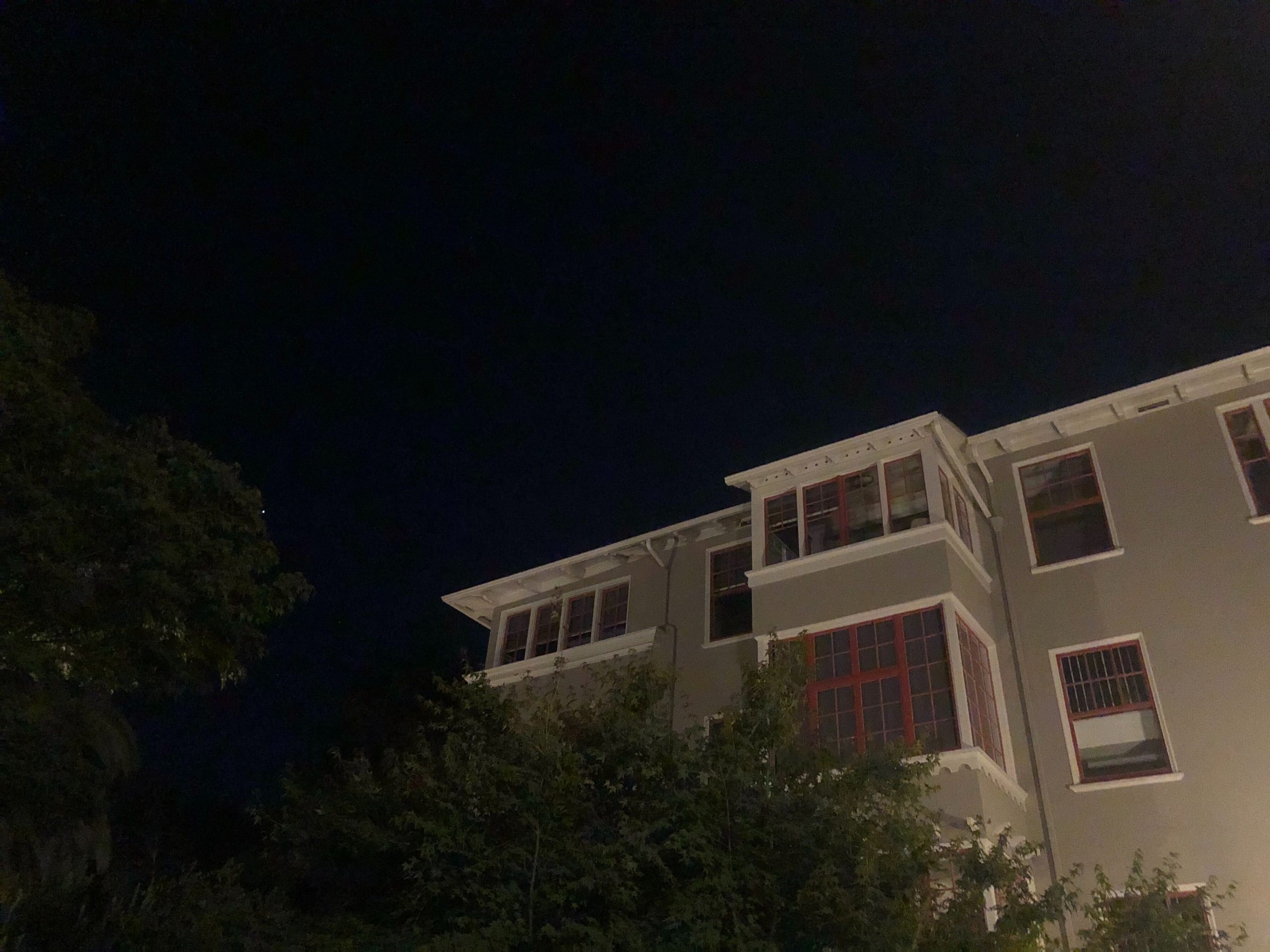Stanford has until Jan. 1, 2022 to align its sexual violence policies and procedures with the “common-sense” provisions of SB 493, state legislation aimed at addressing sexual violence at California universities.
SB 493 will — among other stipulations — require schools to provide students with information about their rights regarding sexual violence and how to report incidents, require schools to respond to off-campus incidents, provide trauma-informed training for school officials involved in such reports and prohibit direct cross-examination of survivors.
The University is discussing how to address situations where the language of SB 493 is in conflict with federal Title IX regulations, especially as it relates to cross-examination during a hearing, according to University spokesperson E.J. Miranda. Stanford will be analyzing the law and what changes will need to be made to its current policies.
Many provisions in SB 493 are not in conflict with Title IX, and activists called on the University to implement the changes as soon as possible.
Sen. Hannah-Beth Jackson (D-Santa Barbara) told The Daily she introduced the bill, in part, as a direct response to Secretary of Education Betsy DeVos’ regulations on campus sexual assault. Gov. Gavin Newsom (D) signed the bill into law on Sept. 29.
The bill will ensure a “fair, transparent and consistent response to reports of sexual violence,” according to a press release from Jackson’s office.
DeVos’s regulations have generated controversy for narrowing the scope of Title IX’s reach, strengthening the rights of the accused and requiring schools to hold live hearings during which accusers and the accused can be cross-examined. California’s attorney general is leading a multi-state lawsuit challenging the regulations.
Jackson said SB 493 provides a one-year delay in implementation to account for the possibility that a new administration or the pending lawsuits would reverse the DeVos regulations. If the court system upholds the DeVos regulations, the DeVos rules would prevail over the provisions of SB 493 that are in conflict.
“It is my hope that there will be a changing of the guard and that the DeVos rules will be immediately expunged,” Jackson said.
SB 493 found wide support, including from the University of California school system and the California State University system. Stanford, however, did not publicly support the bill. University spokesperson E.J. Miranda declined to comment on why the University did not.
Stanford activists praised the bill: “Stanford has room to make choices that are better for survivors,” said Marco Scalera ’23, an student government executive fellow for sexual violence prevention and Title IX. “SB 493 took a number of those choices that universities in California could make and will enforce them.”
Scalera and Stanford Law professor Michele Dauber said the provisions of the bill would ideally be enacted as soon as possible, while communicating with stakeholders and community members.
Dauber noted that Stanford could have implemented many of SB 493’s provisions while still being in compliance with the DeVos regulations.
“They should start that now — there’s no reason they can’t do all of it now,” she said.
Miranda declined to comment on criticism about the timeline for implementation, adding that for incidents outside the scope of Title IX, the University does not permit live cross-examination, which aligns with the bill.
